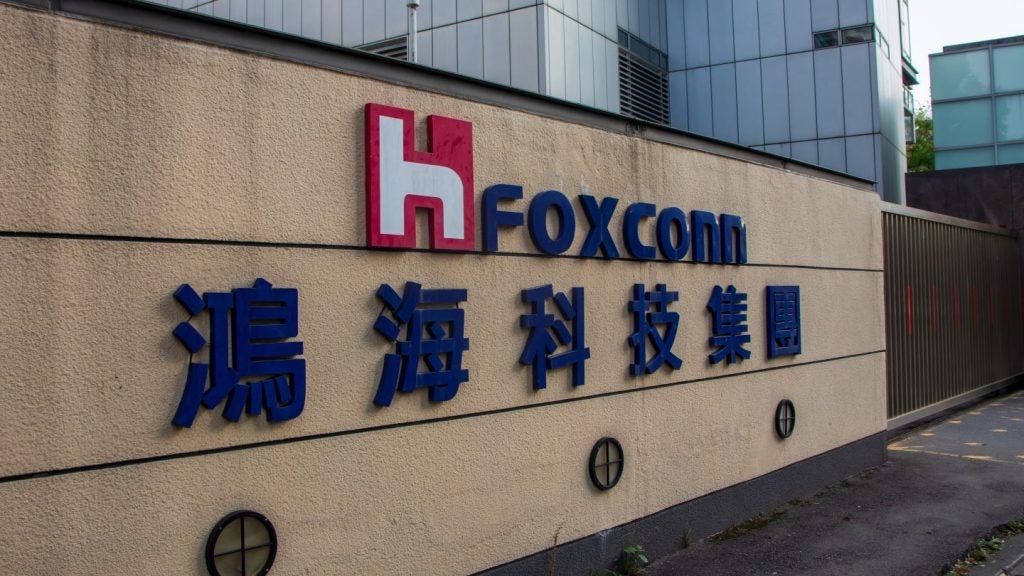As Exxon Mobil’s Liza project moves into the development phase the challenge for the Guyana government is to strengthen the regulatory framework.
Not doing so could mean the massive revenues are squandered.
Although Guyana has one of the lowest state takes in the region, a factor that has helped promote exploration, at $50 per barrel the first phase of the Liza project is expected to contribute over $6bn dollars to the government budget.
That means, at its peak, the annual revenue accruing to the state may near the value of Guyana’s total government revenue in 2016.
With Exxon now reporting gross recoverable resources in the block of between 2bn and 2.5bn barrels, revenues may grow substantially.
While this windfall should be positive for Guyana, its long-term economic impact will depend significantly on government policy.
How well do you really know your competitors?
Access the most comprehensive Company Profiles on the market, powered by GlobalData. Save hours of research. Gain competitive edge.

Thank you!
Your download email will arrive shortly
Not ready to buy yet? Download a free sample
We are confident about the unique quality of our Company Profiles. However, we want you to make the most beneficial decision for your business, so we offer a free sample that you can download by submitting the below form
By GlobalDataEffective management of petroleum revenues will be crucial in order to avoid susceptibility to corruption and commodity price shocks.
How does the regulation look now?
Guyana’s April draft policy framework acknowledges its oil capabilities are low and recommends a policy of preference for Guyanese contractors where capabilities already exist but it also notes a need for training and technology transfer, which could place financial burdens on operators.
The government is also exploring development of the downstream sector.
While it could be an employment booster, a recent study commissioned by the Ministry of Natural Resources found that a refinery project would likely prove uneconomic.
The change of most relevance to operators will likely be the government’s overhaul of the regulatory framework for upstream operations.
The Petroleum Commission of Guyana Bill 2017 aims to establish the Petroleum Commission as a sole regulator of the oil and gas industry, taking over from the Geology and Mines Commission, which currently jointly regulates the petroleum and mining sectors in the country.
The establishment of a dedicated regulator should be positive for the upstream sector, allowing for efficient governance, though this will depend on building the right competency within the institution.
However, a further review of petroleum legislation is also in progress.
This could impose additional financial and regulatory burdens on upstream operators who have to pick up new licenses as projects progress.







